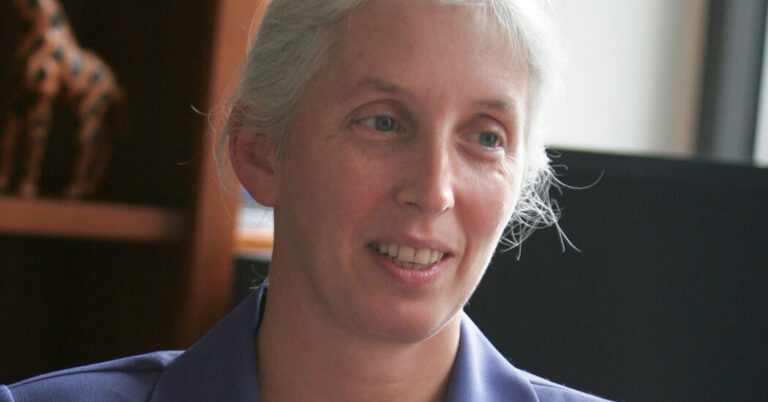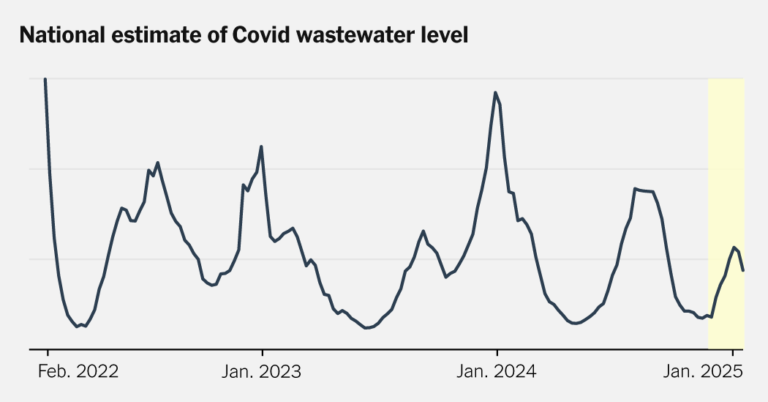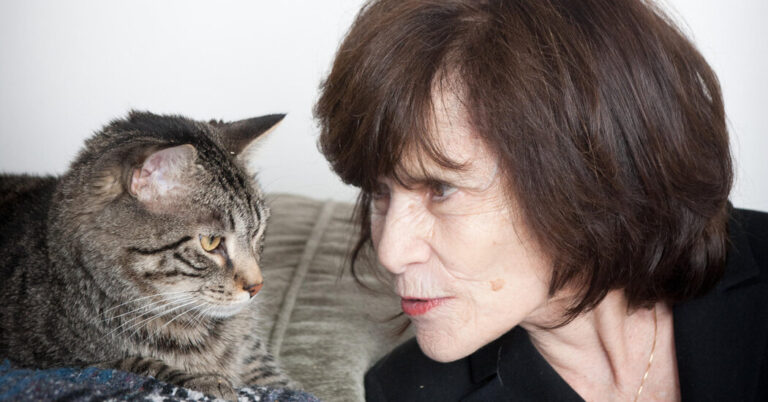An NHS mental health trust has had serious concerns raised over the deaths of 20 other patients over the last 10 years. Coroners have repeatedly highlighted issues about the North East London NHS Foundation Trust, including about the quality of risk assessments and record-keeping. In two cases, patient notes were found to have been falsified, including one man who was recorded as eating breakfast three days after he had died.
The trust was recently found guilty of serious failings in the care of a young patient who took her own life. The case of Alice Figueiredo, who died in 2015, led to the conviction of the trust and a mental health unit ward manager. The trust was cleared of the more serious charge of corporate manslaughter.
In the decade since Alice’s death, the trust has been repeatedly criticized by coroners for failures in patient care. The BBC has analyzed 20 prevention of future deaths reports from coroners, which raise serious concerns about the trust’s care. The most common criticism found was that the assessment of the risk patients posed to themselves was poor or incomplete.
Cases also highlighted poor record-keeping, a lack of communication between teams, staff shortages, and high caseloads. Two patients who died of overdoses were said to have been on short-term medication for 18 years and 20 years, with no record of that having been reviewed.
The trust says it is continually improving safety and treatment for patients, as well as the experience of families and carers. It is also improving record-keeping, tackling historical staff shortages, and changing the way staff assess and manage risk, with all in-patient staff undergoing training.
One of the cases highlighted is that of Winbourne Charles, who took his own life at Goodmayes Hospital in 2021. His wife, Carole, describes him as a “beautiful man, a beautiful soul” who became increasingly depressed during the Covid-19 pandemic. Despite being assessed as high risk, his observations were reduced, and staff failed to sound the alarm bell or call doctors promptly when he was found.
The coroner’s report questions the credibility of trust staff who gave evidence to the inquest, saying observation records appeared to have been cut and pasted, including three entries that were made after Winbourne had died. Carole and her friend, Winston, say they were shocked when one of the staff members who gave evidence by video link tried to do so from his bed.
The trust apologized unreservedly for Winbourne’s death and accepted all the findings from the coroner. The charity Inquest has provided support for many families around the country who believe their loved ones have been failed by the mental health system. Its director, Deborah Coles, says avoidable deaths are happening “far too often” and trusts should move away from a culture of defensiveness and denial to one that is concerned about learning and improvement and protecting patients.
Source link




